Asda surprises with first sales rise in three years
Growth has been partly at expense of profits, figures show
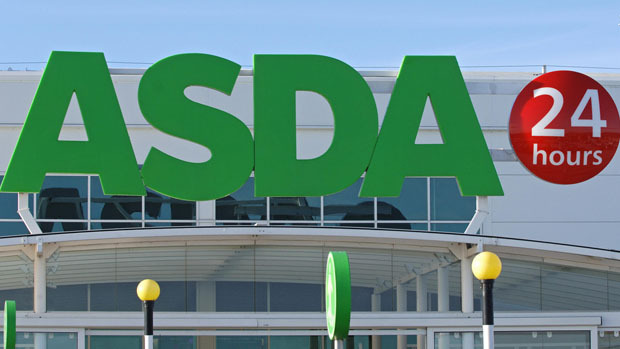
A free daily email with the biggest news stories of the day – and the best features from TheWeek.com
You are now subscribed
Your newsletter sign-up was successful
The supermarket group Asda could finally be "on the road to recovery", says the BBC, after the store recorded its first quarter-on-quarter sales rise in three years.
According to figures published by the company's US parent Walmart, like-for-like sales at Asda stores open for more than one year (excluding petrol) rose by 1.8 per cent during the three months to the end of June.
After three years of quarterly declines, and in the wake of Asda's worst-ever annual performance last year during which sales tumbled by 7.5 per cent, bosses said customers were finally "responding to price cuts and store improvements", says The Guardian.
The Week
Escape your echo chamber. Get the facts behind the news, plus analysis from multiple perspectives.

Sign up for The Week's Free Newsletters
From our morning news briefing to a weekly Good News Newsletter, get the best of The Week delivered directly to your inbox.
From our morning news briefing to a weekly Good News Newsletter, get the best of The Week delivered directly to your inbox.
Among the "big four" supermarkets, Asda has been the worst affected by the rise of the German discounters Aldi and Lidl. These have chipped away at its market share.
Without a small-store estate or the wider product range of its competitors, Asda has resorted to more price cuts in an effort to stem the outflow of customers.
There are some caveats to the supermarket's strong second-quarter performance, not least the timing of Asda's Easter-boosted performance in the second quarter. Excluding seasonal factors, like-for-like sales were up by a more modest 0.7 per cent.
Price inflation also accounts for some of the rise. Caught between a pincer effect of input price increases and consumer price cuts there's evidence that sales increases have "partly been at the expense of profits", says The Guardian.
A free daily email with the biggest news stories of the day – and the best features from TheWeek.com
The paper adds that the Walmart figures show Asda's operating income and gross margins were "down during the quarter".
Emma Simpson, a BBC business correspondent, says that even after inflation, sales would have been positive, meaning there is "finally some growth in shopper numbers and volumes coming through".
She adds, however, that Asda's growth is still "way behind the other main players" and that this is a business that's still got a "huge amount to do".
Asda needs 'major turnaround' after profits dive by a fifth
03 August
Analysts have warned supermarket group Asda it needs a "major turnaround" if it is to "survive in the highly competitive UK grocery market", says the BBC.
Asda's latest annual results, published on Companies House, show a decline in profit of almost a fifth in 2016, taking them to to £791.7m.
Like-for-like sales fell by a hefty 5.7 per cent on 2015.
A spokesperson for the group said: "The grocery market has continued to experience low growth throughout the year and competition in the sector has remained intense.
"Our sales performance, relative to the market, was behind our expectations."
Fragmentation of the supermarket sector in recent years has come alongside a rapid rise in market share for German discounters Aldi and Lidl.
While for a time all the so-called "big four" grocers were shedding customers - and Tesco and Morrisons were suffering some self-inflicted wounds - only Asda appears not to have turned a corner.
"Asda’s 'we’re the cheapest schtick' started to fail when Aldi and Lidl reached critical mass and people woke up to the fact that they’re cheaper still," says James Moore in The Independent.
Chief executive Sean Clarke's remedy to "slash the prices of some everyday items... by quite a bit" has only moderated the sales decline, with overall takings edging higher in the last quarter but like-for-like sales still falling.
Tom Berry, retail analyst at GlobalData, said: "Asda has chosen to focus on price rather than range and in-store experience, which has clearly been the wrong strategy.
"Asda has been flailing without direction for too long, and a comprehensive plan is needed if it is to survive in the highly competitive UK grocery market."
Retail Remedy's Phil Dorrell, a former marketing chief at Asda, added: "It is not changing significantly or fast enough to pull around the results. It did not get its proposition right."
The grocer had reportedly been lining up a £4bn+ bid for successful non-food retailer B&M, but Moore says that is now looking less likely after the discount store announced it had its own acquisition: the £152m buyout of Heron Foods.
That has moved B&M into food retail - and " leaves Asda furiously cutting prices in an attempt to compete".
Asda could buy £4.4bn discount retailer B&M
24 July
Asda is considering a bid for "fast-growing discount retailer" B&M that could be worth as much as £4.4bn, says the Sunday Times.
"Britain's third-biggest supermarket chain is understood to be in the early stages of assessing a bid for B&M," the paper says, and is thought to have "commissioned external research" on the business.
Walmart-owned Asda has been hardest hit in recent years by the rise of discount supermarkets Aldi and Lidl "having positioned itself as the budget choice among the big four" and eschewed the now-booming convenience store model, says The Guardian.
It has seen sales fall for 11 consecutive quarters and replaced its chief executive Andy Clarke with Walmart's Chinese boss Sean Clarke last year.
It has also been behind the curve on the consolidation efforts of other big four rivals.
Tesco has struck a £3.7bn deal to buy wholesaler and convenience store brand owner Booker Group, which is subject to a full competition investigation and unlikely to complete this year.
Sainsbury's bought Argos owner Home Retail Group for £1.4bn last year, making it the largest non-food retailer in the UK. It is also thought to be close to securing a £130m purchase of convenience store chain Nisa.
If Asda bought B&M it "would reduce Asda's reliance on food sales and provide a high street network to stock its George clothing range", adds the Sunday Times.
B&M's shares had risen more than 4.6 per cent to £3.56 this morning, valuing it at £3.6bn.
Asda stems decline in sales
21 February
Asda has heralded "early signs of a turnaround under its new boss" after announcing that sales have improved since the end of last year, says Sky News.
The supermarket, which has lost customers to rival discount chains in recent years and sits in third place in terms of UK market share, said like-for-like sales fell 2.9 per cent in the three months to December.
However, this represents an improvement on the 5.8 per cent fall for the previous quarter to the end of September and the worst-ever slide of 7.5 per cent in the second quarter.
Former boss Andy Clarke was replaced by long-serving Walmart executive Sean Clarke last summer and he has instigated a turnaround plan that revolves around "putting customers first".
He added: "We have sharpened our prices, improved our ranges and availability, all with friendly service."
Nevertheless, the store's performance at the end of last year still lags behind that of its peers. Tesco, Sainsbury's and Morrisons are all managing to generate increases – however modest – in sales.
Walmart, Asda's US parent company, has admitted it was "slow to respond" to the changing dynamics of the UK market and says it will bring its "global buying power" to bear to "drive down costs and therefore prices", says Sky.
Asda previously announced it would cut prices of everyday staples by up to 15 per cent.
Walmart to invest in more price cuts at Asda
9 February
Walmart has admitted it was "slow to respond" to the threat posed to its Asda brand in the UK and has indicated it will support further price cuts to boost its recovery, says Sky News.
"Scott Price, chief administrative officer at Walmart International, said the supermarket chain's shoppers would benefit more from Walmart's global buying power to drive down costs and therefore prices," said the broadcaster.
Prices had been falling in UK supermarkets for two years, but deflation appeared to come to an end with industry figures showing flat prices at the end of last year.
In large part that is because a Brexit vote-inspired slump in the pound is increasing input costs, but Price's comments "raised the prospect of US-based Walmart shielding Asda, to a certain extent, from the effects of the weaker pound".
That would be in addition to new chief executive Sean Clark's efforts to improve Asda, Price added.
He said: "What Sean is able to do with his global experience at Walmart is to know what levers to pull.
"He's able to pull private Walmart brands and put an Asda brand on it that is equal to the national brand in the UK in terms of quality and sensory, but at a price that no one else can match."
Asda has struggled the most of the big four since discounters Aldi and Lidl's post-financial crisis surge, not least because it has failed to adapt to changing consumer habits in favour of more piecemeal shopping in smaller stores.
"With fewer stores in the more affluent southeast of England than its rivals and the vast majority of its business in the large stores that have become less fashionable in recent years, Asda was most exposed," says Reuters.
But after ceding its place as the UK's second-largest supermarket to Sainsbury's and hitting a nadir in terms of sales decline with a drop of 7.5 per cent in the second quarter, it may have turned a corner.
Clarke has instigated a turnaround based on lower prices and improved shopping experience and sales, after falling 5.7 per cent in the third quarter year-on-year, they are only expected to be two to three per cent lower for the final three months of 2016.
Walmart 'muscle' may be needed to solve Asda 'crisis'
18 November
Asda has reported another quarter of dire sales figures, "confirming its position as the worst performing major UK supermarket", says The Guardian.
The retailer's US parent company Walmart published its quarterly results yesterday, which showed that like-for-like sales in stores open for more than one year in its UK arm plunged 5.8 per cent year on year.
That's slightly better than the worst-ever 7.5 per cent decline in the second quarter, but it's still a very sharp drop that emphasises the pressure Asda is under in the face of the rapid rise of discounters Aldi and Lidl.
"Walmart said the UK was the only one of its 11 international markets not experiencing growth at stores open for more than a year, as the number of shoppers fell by 4.2 per cent year on year", said the Guardian.
"Operating income also dipped in the UK, with shoppers spending 1.6 per cent less on average on each visit."
The results show the "crisis" the sector upheaval has wrought on Asda's "positioning", as it struggles to update its customer offer "in the way the rest of the big four have been able to do", says Patrick O'Brien, an analyst at consultancy Verdict Retail.
He adds: "The others never traded on being the cheapest, but Asda did, and now it isn't."
The rise of the discounters has triggered an intense price war, but also a shift in strategy from Tesco, Sainsbury's and Morrisons, who have had varying degrees of success in re-focusing on own-brand and premium ranges.
This means Asda's competitors are able to capitalise on the segmentation of the market, with consumers shopping around for bargains on staple items and using the savings to splash out on luxuries.
Unless "Walmart wants to use its financial muscle to take the price war to a new level", Asda must demonstrate "new reasons for shoppers to go there," says O'Brien.
Asda's chief executive Sean Clarke, who took over the chain in July, points to several positives in the store's results, including the fact that shopper numbers are up compared to the second quarter.
He says: "We have lowered thousands of prices, improved hundreds of own-brand products and invested in more hours for colleagues on the shop floor – so it's encouraging to see more customers shopping with us in stores and online."
-
 Local elections 2026: where are they and who is expected to win?
Local elections 2026: where are they and who is expected to win?The Explainer Labour is braced for heavy losses and U-turn on postponing some council elections hasn’t helped the party’s prospects
-
 6 of the world’s most accessible destinations
6 of the world’s most accessible destinationsThe Week Recommends Experience all of Berlin, Singapore and Sydney
-
 How the FCC’s ‘equal time’ rule works
How the FCC’s ‘equal time’ rule worksIn the Spotlight The law is at the heart of the Colbert-CBS conflict
-
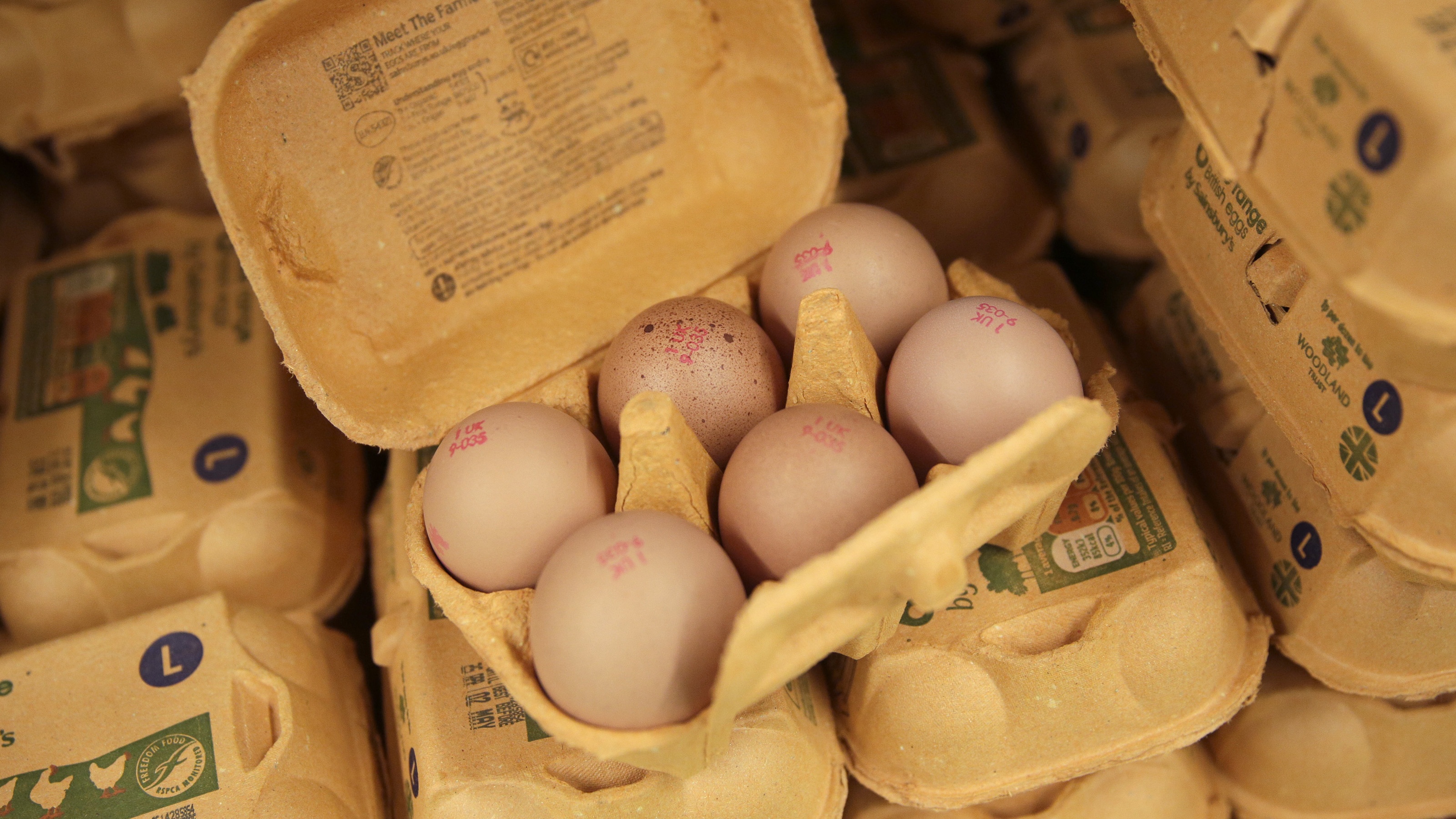 The UK’s Christmas egg shortage
The UK’s Christmas egg shortagefeature Supermarkets blame bird flu but farmers say unfair buying practices are driving them out of business
-
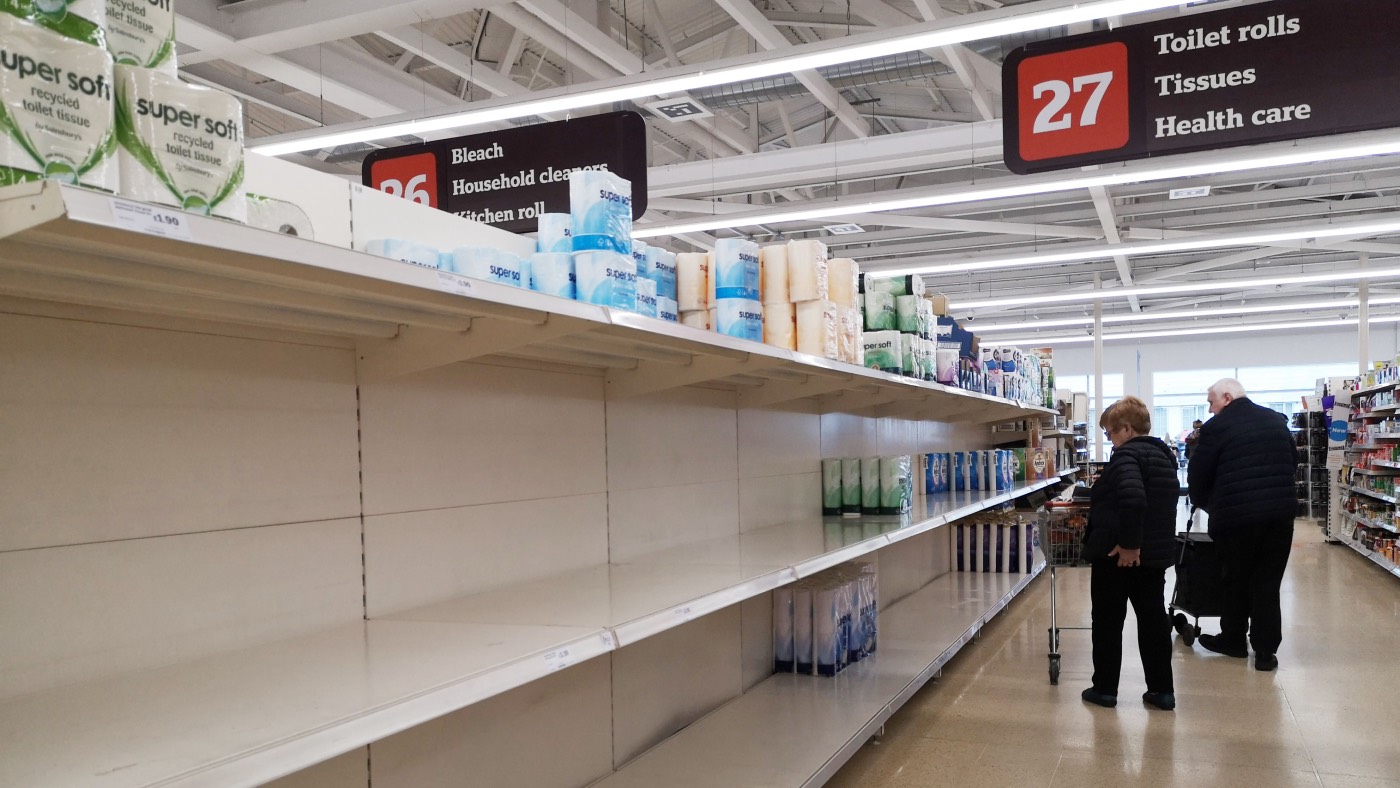 Coronavirus: supermarkets start rationing to combat panic buying
Coronavirus: supermarkets start rationing to combat panic buyingSpeed Read Stockpiling has led to empty shelves at some UK supermarkets - but shortages may be short-lived
-
 Sales of Christmas puddings down on 2018
Sales of Christmas puddings down on 2018Speed Read Supermarket data shows slump in demand for festive food
-
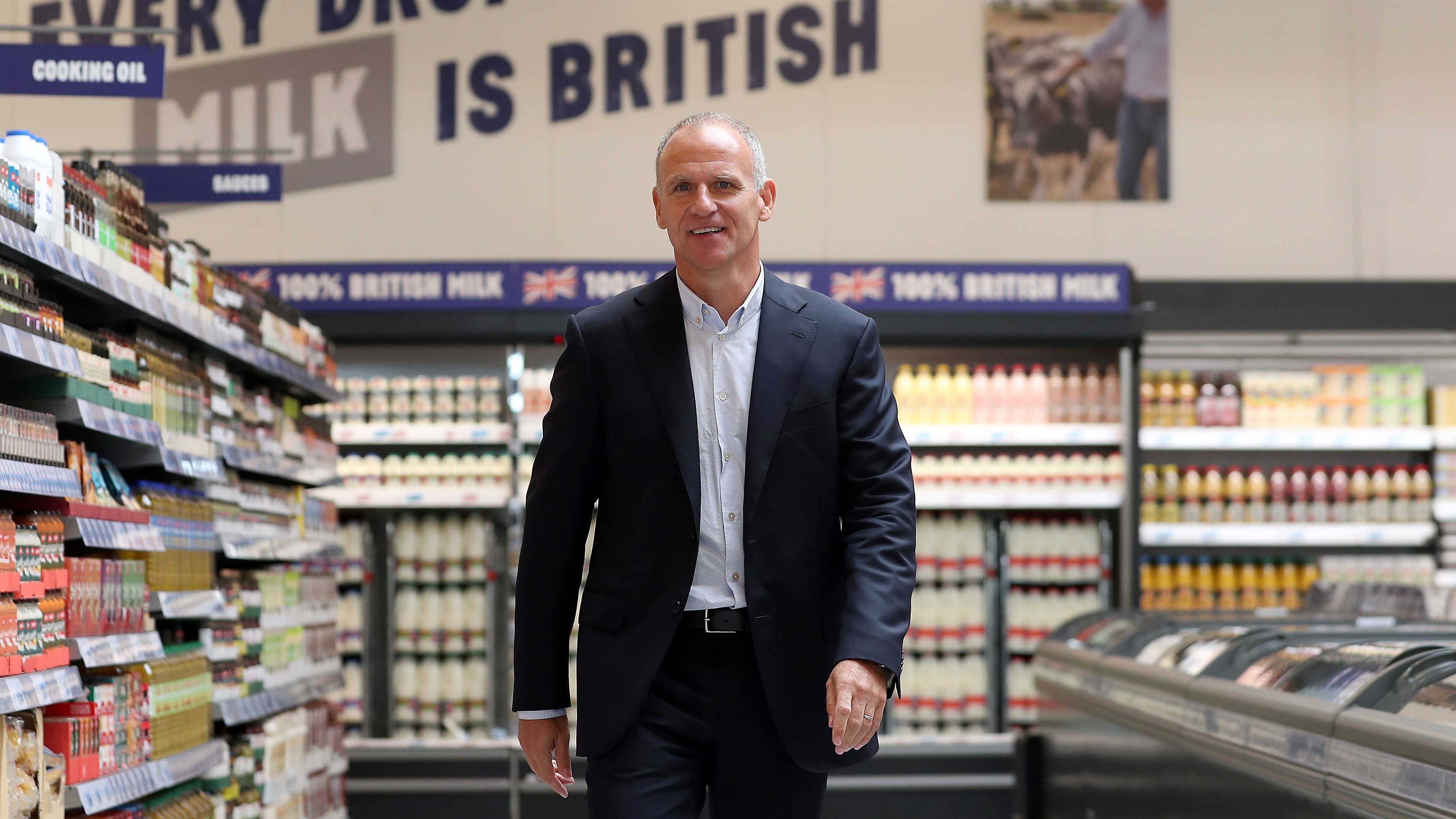 Why Tesco’s Dave Lewis is stepping down
Why Tesco’s Dave Lewis is stepping downSpeed Read The boss who turned Tesco’s fortunes around will leave CEO role in 2020
-
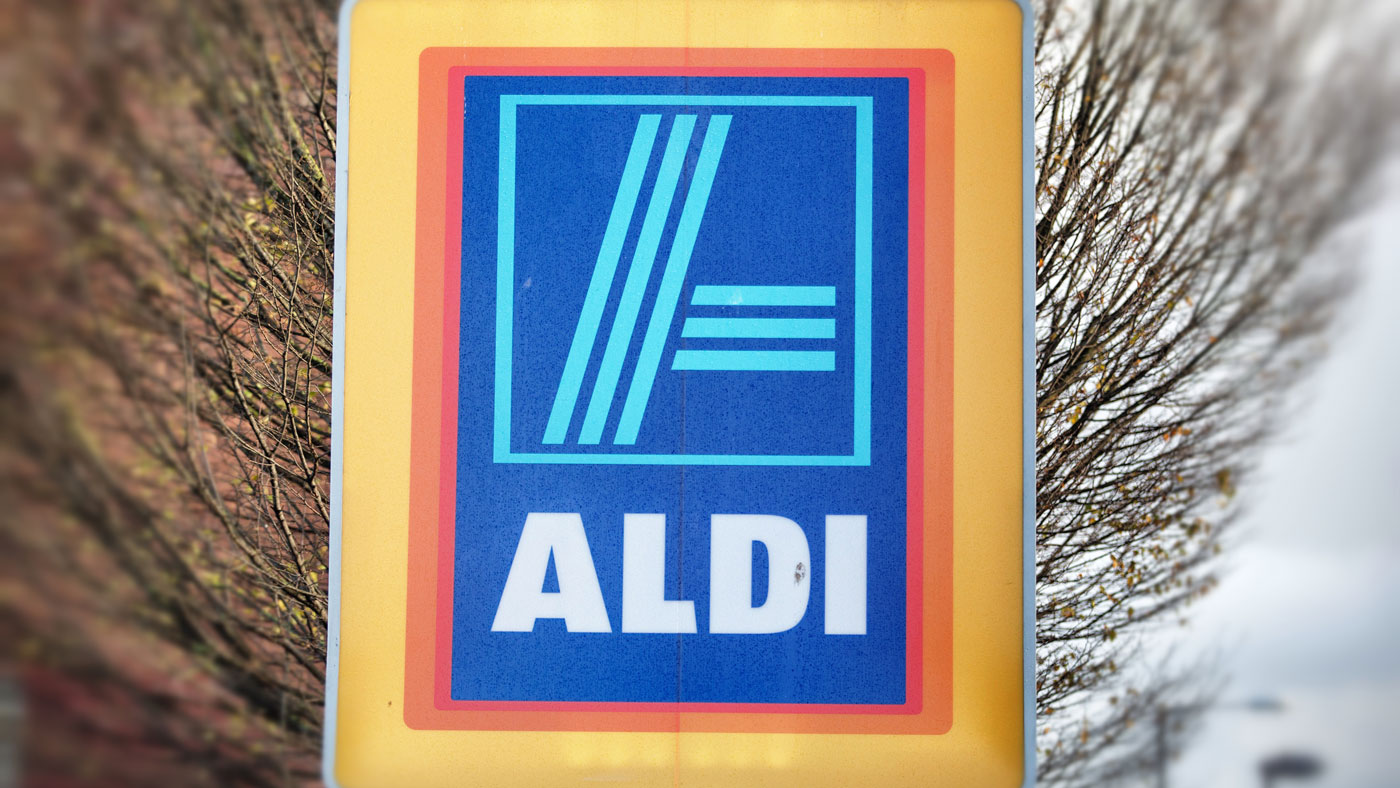 Why are profits collapsing at Aldi?
Why are profits collapsing at Aldi?Speed Read German discounter announces aggressive expansion despite sinking profits
-
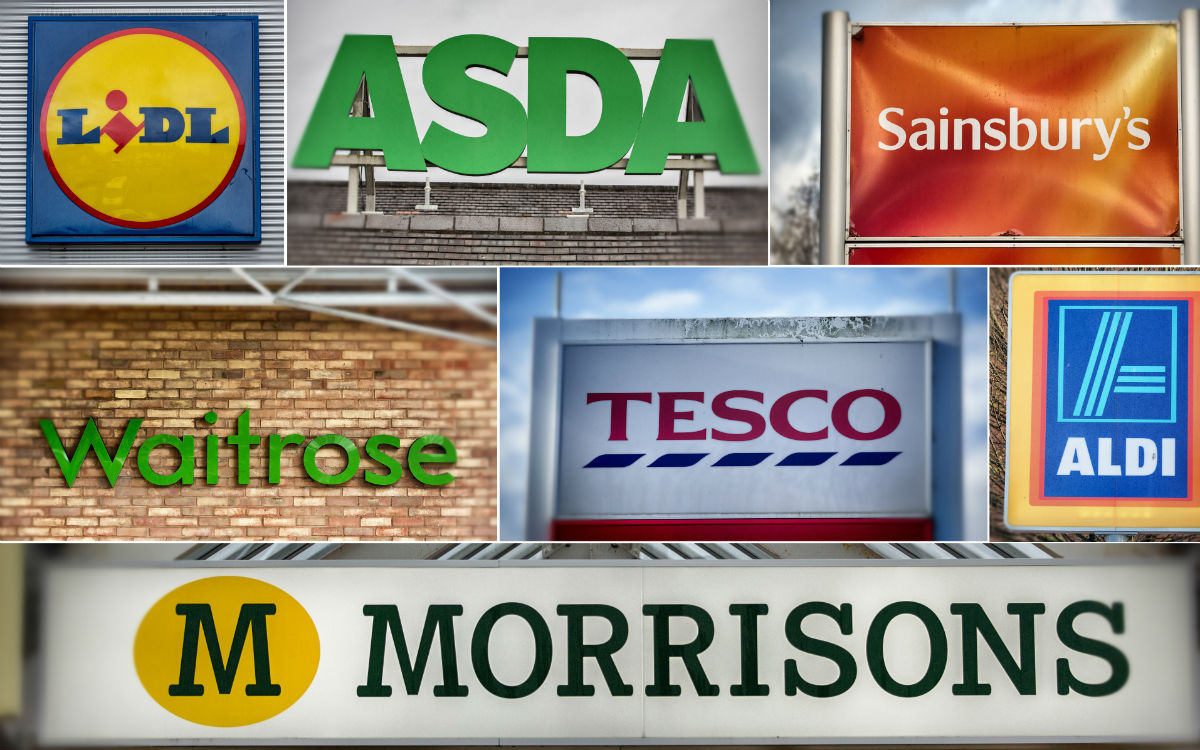 Why are supermarket sales flat?
Why are supermarket sales flat?Speed Read Brexit, fears of recession and price rises blamed for weak data
-
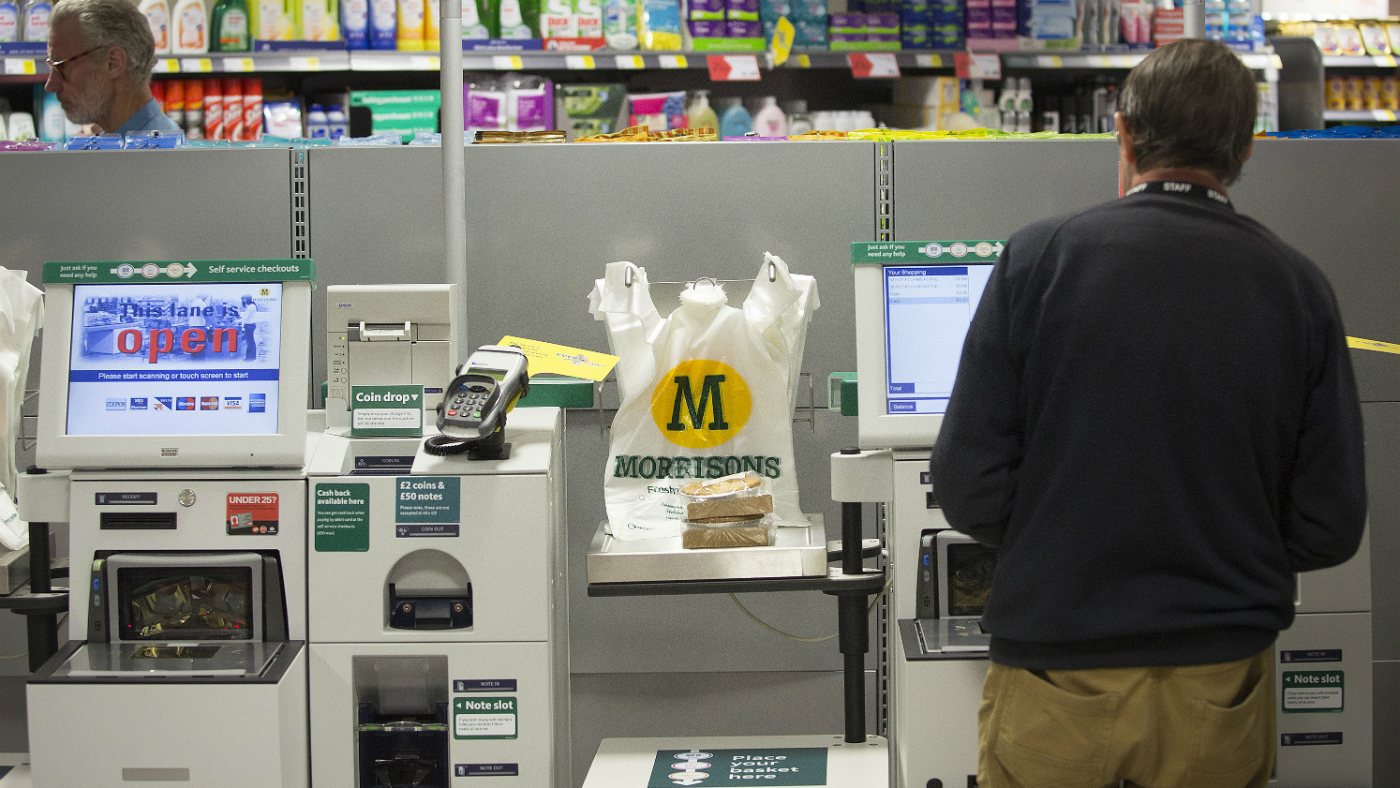 Will shoppers be charged for using self-service machines?
Will shoppers be charged for using self-service machines?In Depth MPs say 1p fee for using self-scan tills could raise £30m a year to ‘heal social divisions’
-
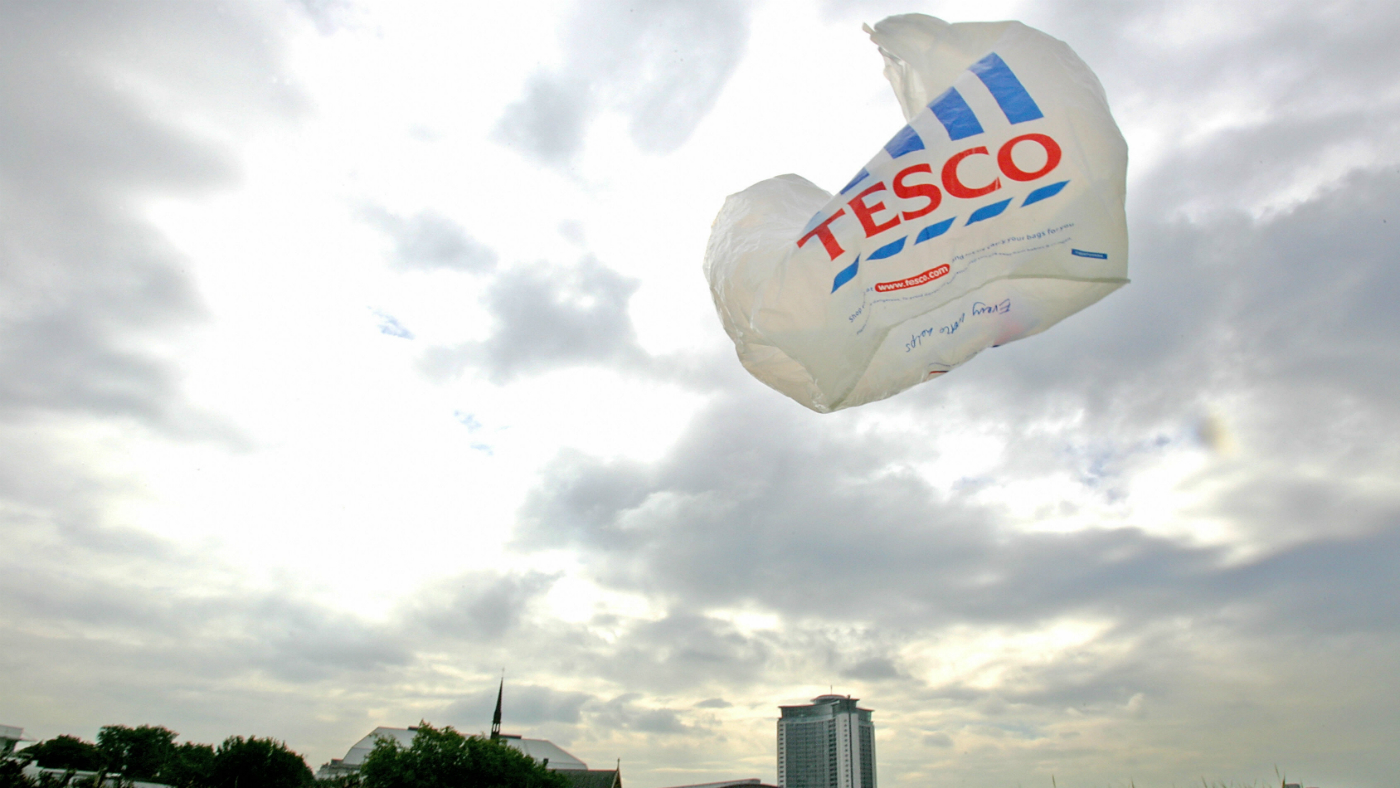 Tesco launches plastic-free trial for fruit and veg
Tesco launches plastic-free trial for fruit and vegSpeed Read The month-long trial will see loose apples and avocados appearing in Extra stores in Watford and Swindon